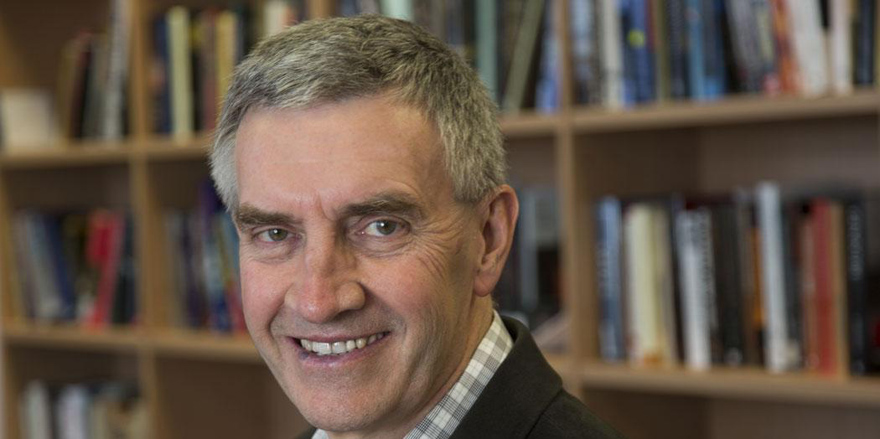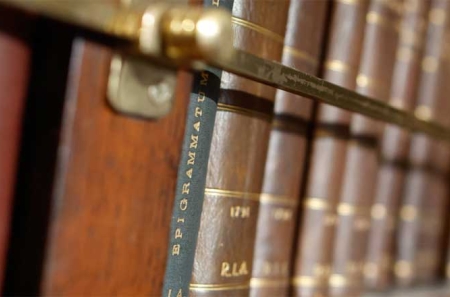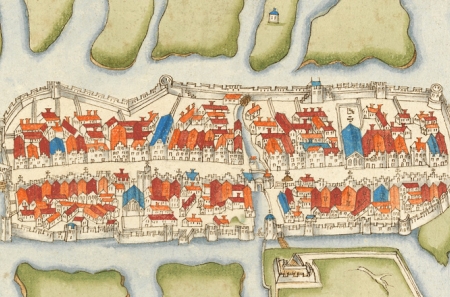1916 as a Global Event Lecture Series: “Fading echo of a distant drum? The Easter Rising in Australian history and memory” Professor Mark Finnane
When
Wednesday, October 28, 2015, 16:30Where
Tickets
In association with University College Dublin, the Royal Irish Academy will co-organize and co-sponsor a series of high profile public lectures to underline the global repercussions of, and responses to, the Easter Rising of 1916.
1916 is often seen primarily in a national context, but it was an event that drew global attention and inspired other decolonisation movements. Guest speakers will include some of the international leading authorities on the period.
When he arrived in Sydney in May 1948 the first place visited by Eamon De Valera was the Michael Dwyer Memorial at Waverley Cemetery, erected half a century before to remember 1798. The visit of the Irish President was the occasion for adding to the memorial’s Celtic revival edifice the names of the executed men of 1916, leading de Valera to observe that the memorial ‘surpassed anything erected in Dublin itself to the men of Easter Week’. As in Ireland, however the immediate response in Australia to the news of rebellion in Ireland at Easter 1916 was a mixture of dismay and disavowal. The politics of war, and the presence of Daniel Mannix, helped change Australian responses, softening some into sympathy, hardening others into angry condemnation. In these antipodean circumstances miniscule Irish republican support was amplified into a national security threat, with surveillance, internment and post-war sedition law its consequence. Long after sectarian divisions faded, that was an enduring legacy, whose origins deserve our attention.
Professor Mark Finnane
ARC Laureate Fellow and Professor of History, Griffith University, Australia
ABOUT:
Mark Finnane studied Irish History with Patrick O’Farrell (UNSW) and as a graduate student with Oliver MacDonagh (ANU). His doctoral research on mental illness is the foundation for his later work on the history of policing, punishment and criminal justice. His first book was Insanity and the Insane in Post-Famine Ireland (1981) and his most recent (with Heather Douglas) Indigenous Crime and Settler Law: White Sovereignty after Empire (Palgrave Macmillan, 2012), a study of the criminal law’s response to Aboriginal crimes of violence over the last two centuries. Since 2013 he has directed the Prosecution Project, Griffith Criminology Institute, with the support of an ARC Laureate Fellowship (2013-18) to research the history of the criminal trial in Australia.
Free admission but booking is essential due to limited capacity.




